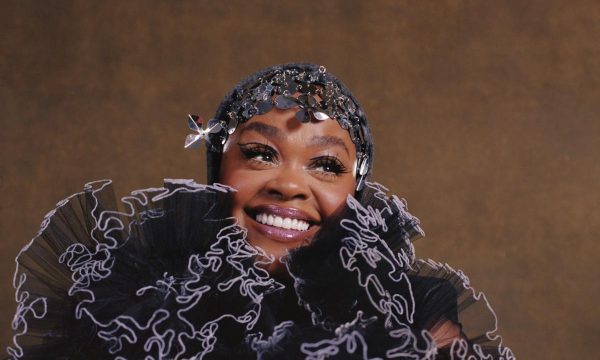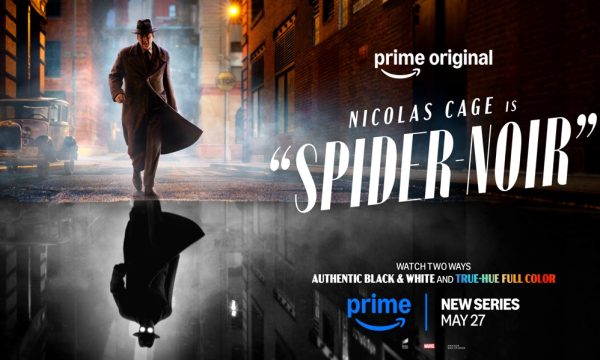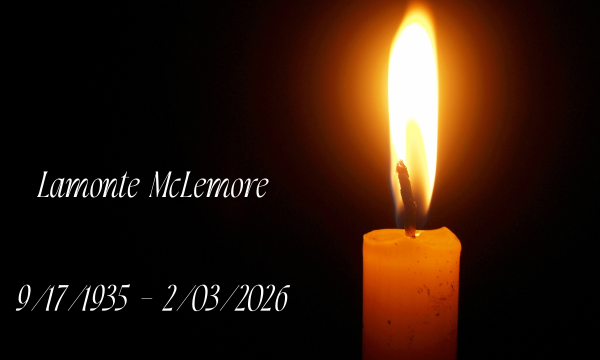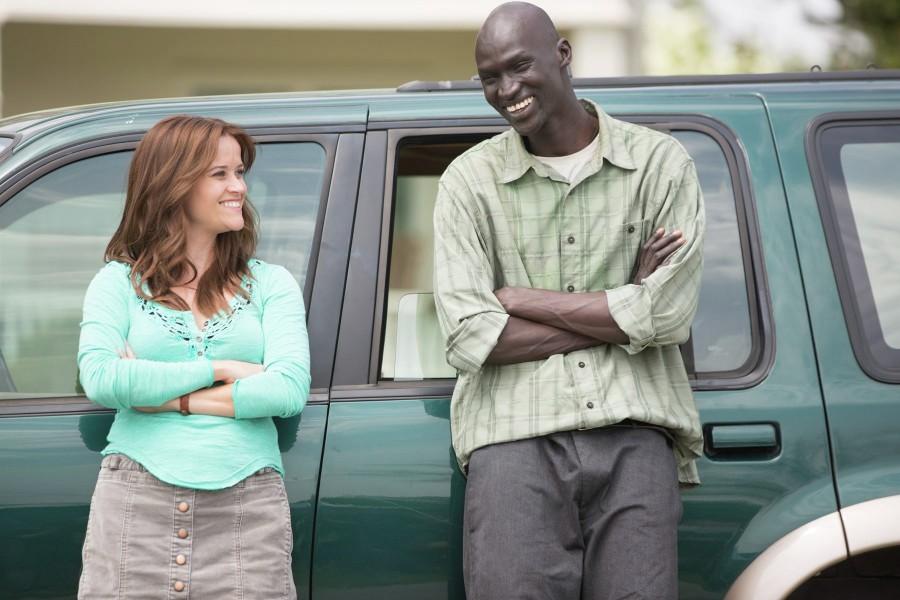 For his follow-up to the Oscar-nominated 2011 French Canadian drama, “Monsieur Lazhar,“ director Philippe Falardeau has delivered a compassionate crowd-pleaser in the form of “The Good Lie,” an immigration drama starring Reese Witherspoon, Corey Stoll and a wealth of talented Sudanese actors.
For his follow-up to the Oscar-nominated 2011 French Canadian drama, “Monsieur Lazhar,“ director Philippe Falardeau has delivered a compassionate crowd-pleaser in the form of “The Good Lie,” an immigration drama starring Reese Witherspoon, Corey Stoll and a wealth of talented Sudanese actors.
“The Good Lie” serves as a case study of The Lost Boys of Sudan – refugees who were displaced during their country’s devastating Second Civil War and eventually relocated to America through a government program. It’s a harrowing war drama that transforms into an agreeable fish-out-of-water tale, anchored by the Sudanese actors in the lead roles, some of whom lived through the tragedy depicted onscreen. Although the by-the-numbers storyline doesn’t pack a lot of surprises, and the subject matter is initially downbeat, the film is of such a benevolent nature that it’s nearly impossible not to be won over by its underdog charm.
Starting in the 1980’s with the Second Civil War in full swing, “The Good Lie” opens with a southern Sudanese village and its inhabitants being decimated by the northern militia. Among those fortunate enough to escape the bloodshed are Mamere (Arnold Oceng), Theo (Femi Oguns) and Abital (Kuoth Wiel), the children of their village’s chief. Along with countless other orphaned children they meet along the way, the group makes the arduous thousand-mile trek to the Kakuma refugee camp in Kenya – this, mind you, in blistering heat, with virtually no resources, and in constant danger of another attack. Luckily, with the help of the enterprising Paul (Emmanuel Jal) and the spiritual Jeremiah (Ger Duany) – two brothers they meet along the way – the group is able to reach their destination.
Cut to thirteen years later, the children are now grown and coming into their own, though still trying to make sense of a life confined to an overcrowded refugee camp.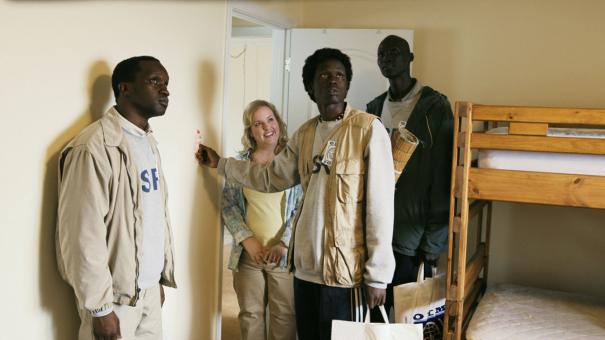 Then one day, it happens: their names are picked in the government-sponsored lottery that relocates refugees to America, offering them housing and job placement. Their destination: Kansas City.
Then one day, it happens: their names are picked in the government-sponsored lottery that relocates refugees to America, offering them housing and job placement. Their destination: Kansas City.
From here, “The Good Lie” morphs into a humorous and heartfelt fish-out-of-water tale as the group struggles to adjust to the many quirks of American life. Helping with the group’s transition is Carrie Davis (Reese Witherspoon), a beer-swilling employment agency counselor whose tough outer shell and strictly business attitude is softened when she learns more about the horrors endured by The Lost Boys.
Margaret Nagle’s screenplay is perhaps at times a little too on-the-nose, hitting almost every beat one would expect from such a story, but the material is handled so lovingly and the immigrant characters are so well-drawn that it would take a heart of stone not to become emotionally invested in these characters’ amazing journey.
Seldom has a film and its director been so perfectly paired. Not only does Falardeau have a background in international relations and tackled the subject of immigration in previous films, he also saw the devastation of the Sudanese Second Civil War firsthand when he traveled there in 1994 to help his friend shoot a documentary. This personal attachment to the story at hand is felt acutely throughout and enriches the proceedings considerably. Collaborating once again with 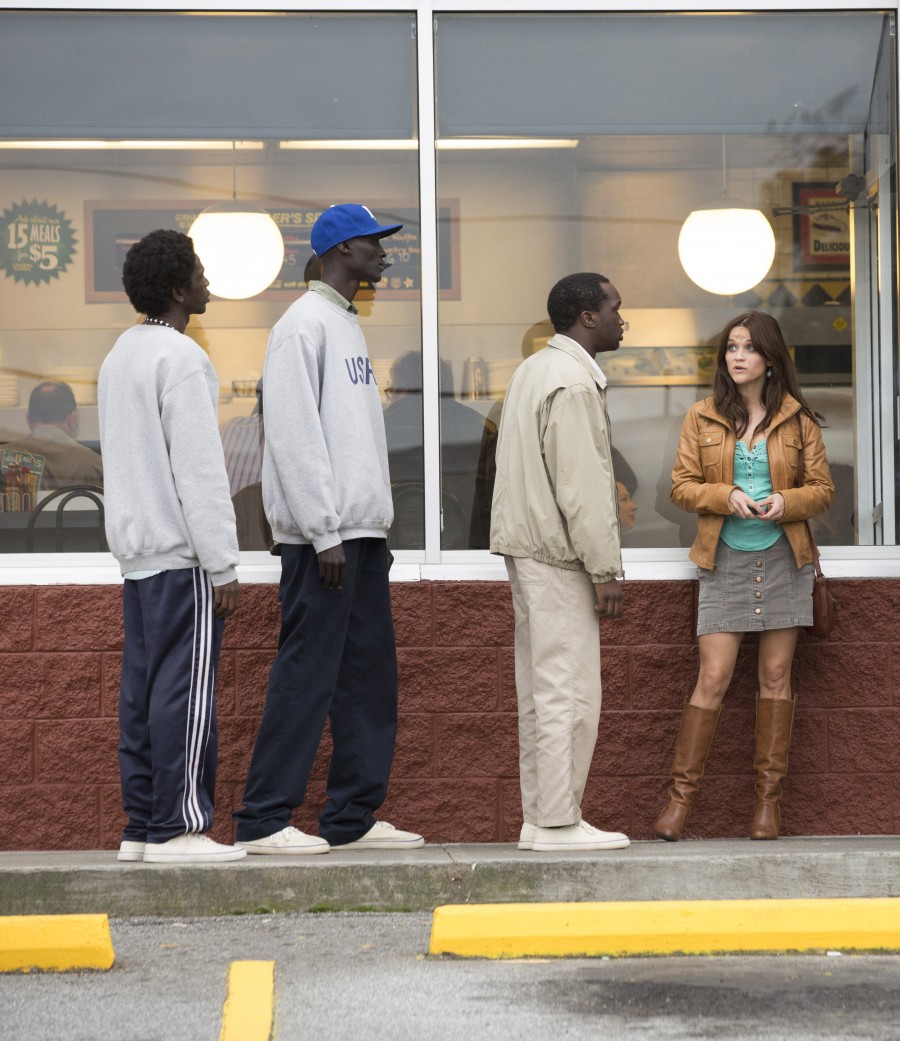 Ronald Plante, his “Monsieur Lazhar” cinematographer, Falardeau favors handheld camerawork that captures the chaos of war, and his scenic images Stateside highlight the beauty and strangeness of the Midwest as seen through the eyes of a foreigner.
Ronald Plante, his “Monsieur Lazhar” cinematographer, Falardeau favors handheld camerawork that captures the chaos of war, and his scenic images Stateside highlight the beauty and strangeness of the Midwest as seen through the eyes of a foreigner.
Most impressive are the performances that Falardeau is able to wring from his Sudanese lead actors, infusing each with completely credible character arcs that emphasize how the immigrant experience is never one and the same. Secondary characters like Reese Witherspoon’s Carrie and her boss, played by Corey Stoll, are somewhat stock and basically exist to serve the storyline, though both actors put in solid work.
Witherspoon’s A-list status should help lure audiences to this essential story that shines a light on a subject matter too often overlooked in the First World.
By Lucas Mirabella
Rated PG-13 for thematic elements, some violence, brief strong language and drug use. Running Time: 110 minutes



